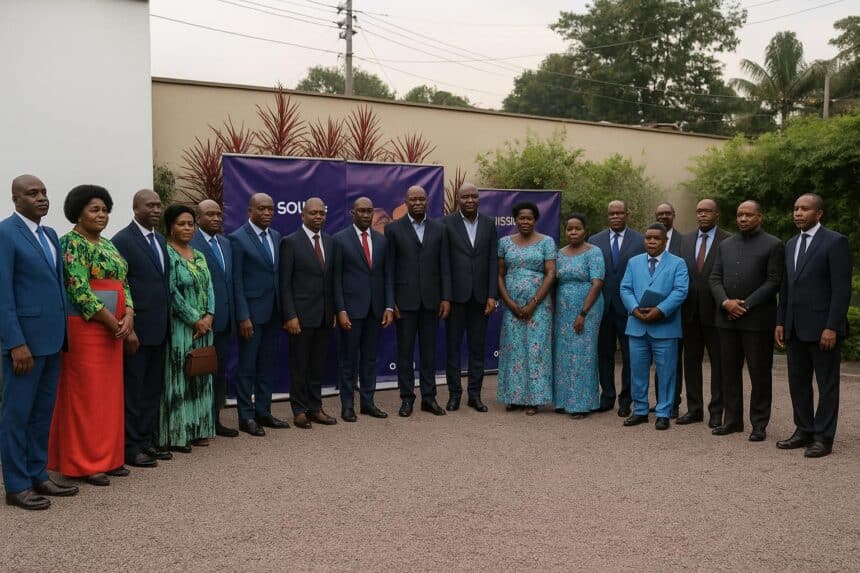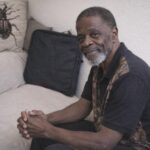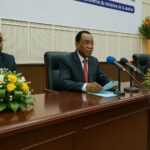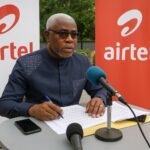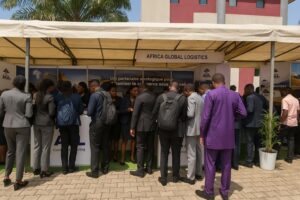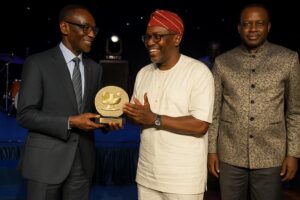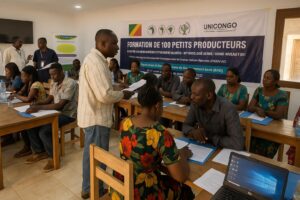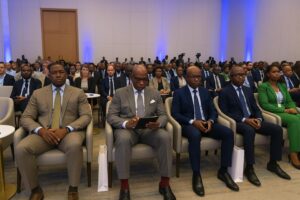A Congolese engineer steps onto continental stage
Standing before peers and officials in Brazzaville, telecom engineer Luc Missidimbanzi formally declared his intention to run for Secretary-General of the African Telecommunications Union for the 2026 term, signaling Congo-Brazzaville’s ambition to shape the continent’s fast-moving digital agenda.
- A Congolese engineer steps onto continental stage
- Official launch in Brazzaville gala
- Four pillars for a connected continent
- Two decades of hands-on telecom experience
- A vision aligned with Congo’s digital push
- Regional voices rally behind the bid
- Making connectivity a tool for unity
- Campaign financing in the spotlight
- Next milestones on the horizon
- A call for continental consensus
- Stakeholders weigh expected impact
Official launch in Brazzaville gala
The announcement, paired with a fundraising gala, gathered decision-makers from ministries, regulators, start-ups and academia. Speeches and pledges sketched an evening of confidence, underscoring the belief that a home-grown expert can advocate for policies that bridge connectivity gaps without compromising national sovereignty.
Four pillars for a connected continent
Missidimbanzi outlined a four-point programme anchored in universal access, skills and innovation, smart regulation and global leadership. Each axis, he argued, answers pressing expectations from African citizens who increasingly rely on mobile services for education, commerce, healthcare and civic participation.
He insisted that fibre, satellites and 5G must reach rural villages as naturally as capital cities, while content in local languages should flourish so that digital tools become instruments of cultural identity as much as economic growth.
Two decades of hands-on telecom experience
The candidate’s résumé spans more than twenty years inside the Congolese administration and regional projects such as CAB, Osiane and Fasuce. Colleagues credit him with translating technical blueprints into workable deployments that survived budget constraints and shifting regulatory demands.
That track record, they say, equips him to listen to both fibre entrepreneurs in Pointe-Noire and satellite lobbyists in Nairobi, forging compromises that reflect Africa’s varied geography rather than a one-size-fits-all template copied from other continents.
A vision aligned with Congo’s digital push
Brazzaville has made connectivity a pillar of its diversification strategy, opening community internet centres and encouraging start-ups to tackle local logistics and payment issues. Observers therefore portray Missidimbanzi’s campaign as a natural continuation of national priorities projected onto the continental scene.
By leading the African Telecommunications Union, he would not only offer Congo visibility but also channel lessons learned from domestic projects into guidelines other countries can adapt, reinforcing South-South cooperation without reliance on distant partners.
Regional voices rally behind the bid
The gala featured recorded statements from engineers across West, Central and Southern Africa praising the Congolese contender’s collaborative style. Many recalled workshops where he moderated debates in French, English and Portuguese, ensuring smaller states were heard alongside tech giants.
Bourgelie Ampion, chair of Congo Telecom’s board, applauded his mentoring of young graduates and argued that his election would anchor Congo among the reference hubs for digital talent. Her remarks drew applause, hinting at a campaign able to mobilise both public and private actors.
Making connectivity a tool for unity
During his address, Missidimbanzi stressed that cables and data centres must become instruments of African unity, not new fault lines. He proposed continental roaming agreements, shared cybersecurity protocols and open standards that let innovators work across borders with minimal extra costs.
Such ideas resonate with entrepreneurs who lose time rewriting code to satisfy divergent regulations. For consumers, the candidate says, the payoff would be seamless mobile money, smoother e-commerce deliveries and wider access to online courses, three levers he views as vital for youth employment.
Campaign financing in the spotlight
The Brazzaville ceremony included a transparent pledge board where supporters noted contributions. Organisers insisted the process meets both national and UAT ethics rules, reflecting a broader push for good governance in the sector often scrutinised for opaque procurement.
Early donations, according to the committee, will fund travel to present the platform in Addis Ababa, Nairobi and Kigali before the union’s November 2024 council, the first formal checkpoint on the road to the 2026 vote.
Next milestones on the horizon
By mid-2025, candidacies must gain written endorsements from at least five member states. Observers expect Congo’s foreign missions to intensify bilateral meetings, while the campaign will likely highlight the engineer’s fluency in the two working languages of the union.
The final decision, scheduled for 2026, will coincide with debates on artificial intelligence and green infrastructure, adding urgency to the leadership question. Congolese officials argue that Missidimbanzi’s practical background offers stability at a time of accelerating technological change.
A call for continental consensus
Closing the ceremony, the candidate invited all member states to forge a common narrative of digital sovereignty. Our diversity is our strength, he said, but unity will convert potential into prosperity, a line that captured the mood of a hall eager to see Africa chart its own online future.
Stakeholders weigh expected impact
Industry analysts in Brazzaville note that the UAT’s next mandate will negotiate spectrum allocation for emerging bands, a technical yet decisive matter for streaming, agriculture sensors and smart transport. They suggest having an engineer at the helm could tilt discussions toward solutions rooted in African realities.
Start-ups approaching seed funding also watch the race closely. A Secretary-General who champions open APIs, they argue, could reduce market entry costs and attract venture capital otherwise deterred by fragmented regulations. Their endorsement may lend the campaign a grassroots touch beyond official corridors.

